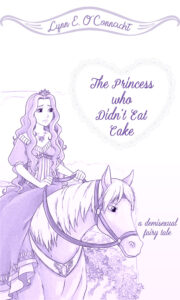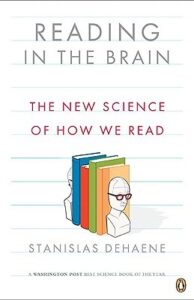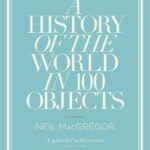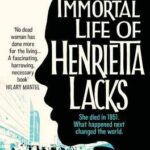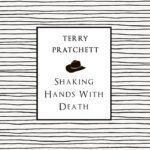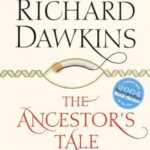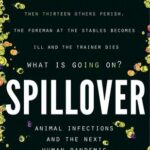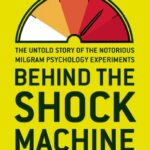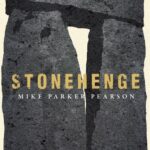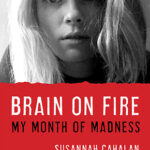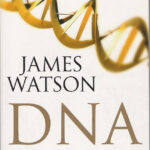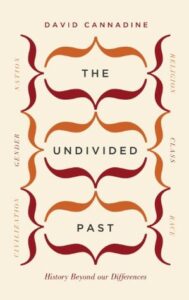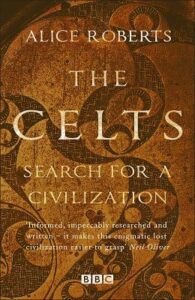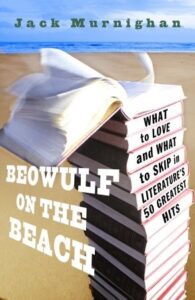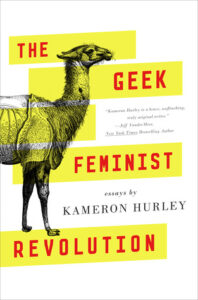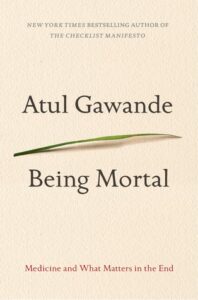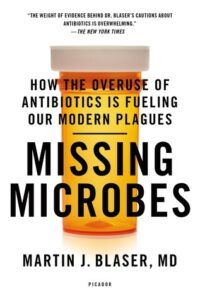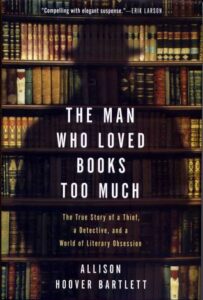 The Man Who Loved Books Too Much, Allison Hoover Bartlett
The Man Who Loved Books Too Much, Allison Hoover Bartlett
Originally reviewed March 11th, 2011
The Man Who Loved Books Too Much is definitely the wrong title for this book, because that’s really not what this book is about. The love of stories is something I can relate to, easily — or even the love of beautiful first editions. The amoral antics of a thief who wants to have books as a status symbol, and the wishy-washy morals of the story-hungry writer, are not something I can sympathise with as much. And I increasingly worried about the latter. She could have reported thefts of books worth thousands and thousands of dollars; she could have reported credit card fraud; she could have helped to discover where Gilkey hid the books.
By the end of the book, I wasn’t sure that she would do that last — and I knew she didn’t report the thefts or the fraud. She becomes an unreliable narrator, I think. I mean, humans already tend to be, because even the most honest of us have fallible memories. I was almost more interested in that increasing swing to being on Gilkey’s side.
In any case, as a book, it’s easy to read, though not exactly glittering prose. It’s a collection of recollections and personal musings, none of which I found particularly interesting. The more interesting figure of Ken Sanders, the “bibliodick”, was rapidly written out as he began to notice the author’s growing bias and unethical practices.

